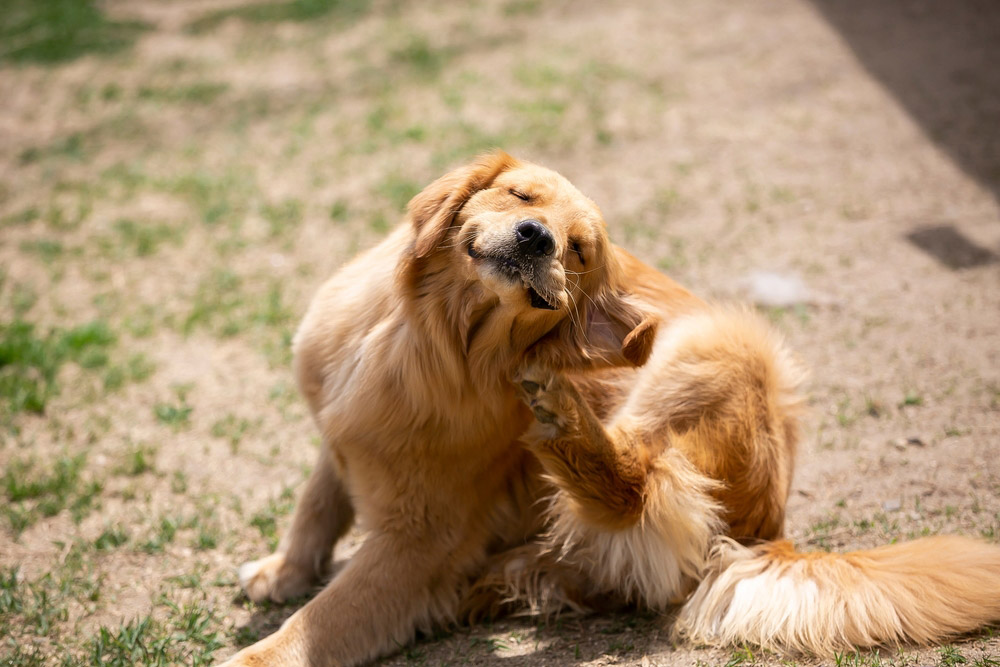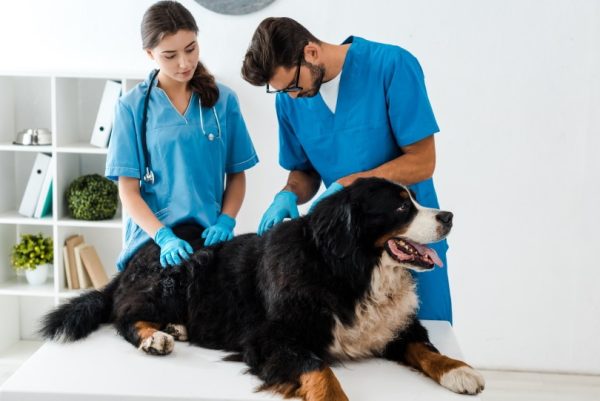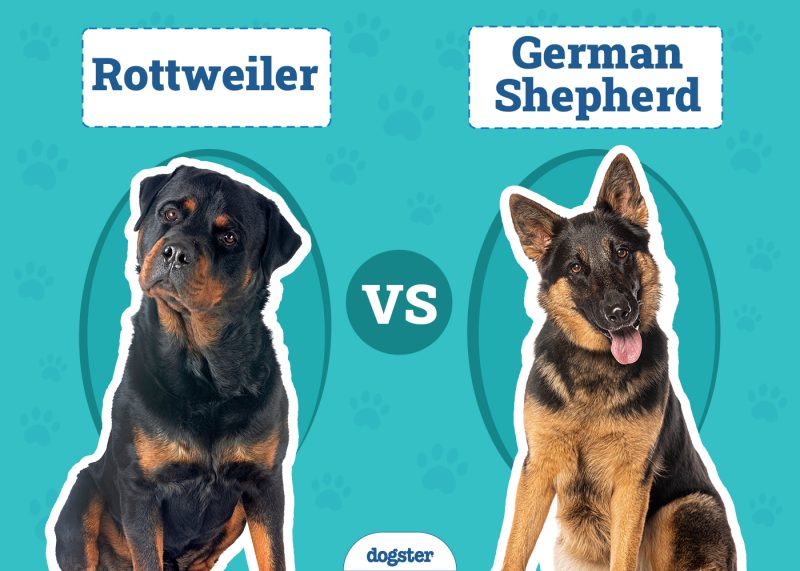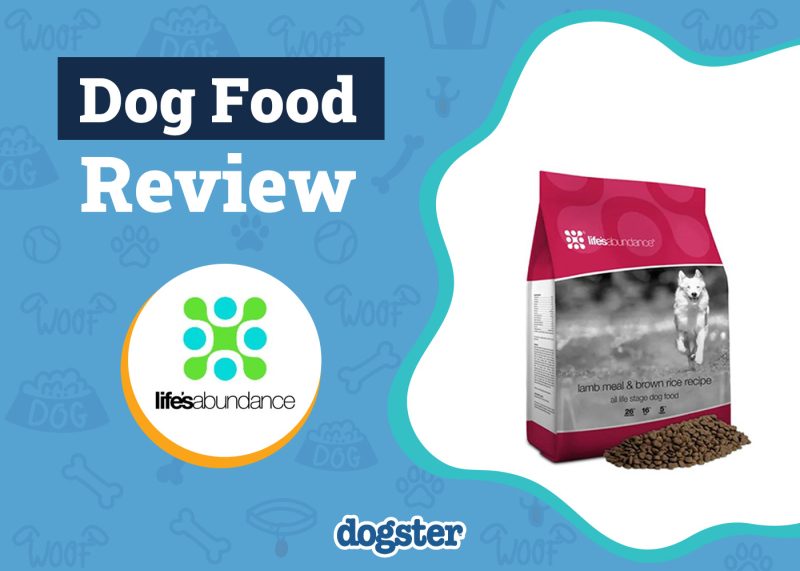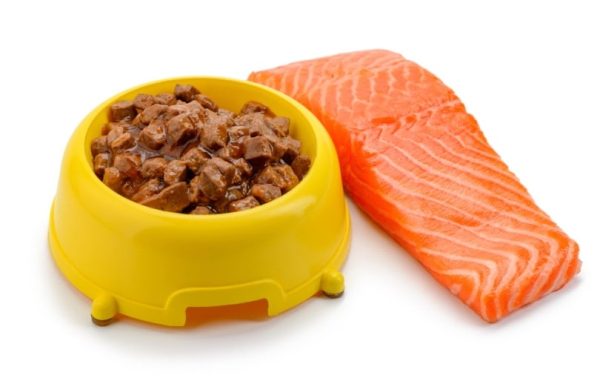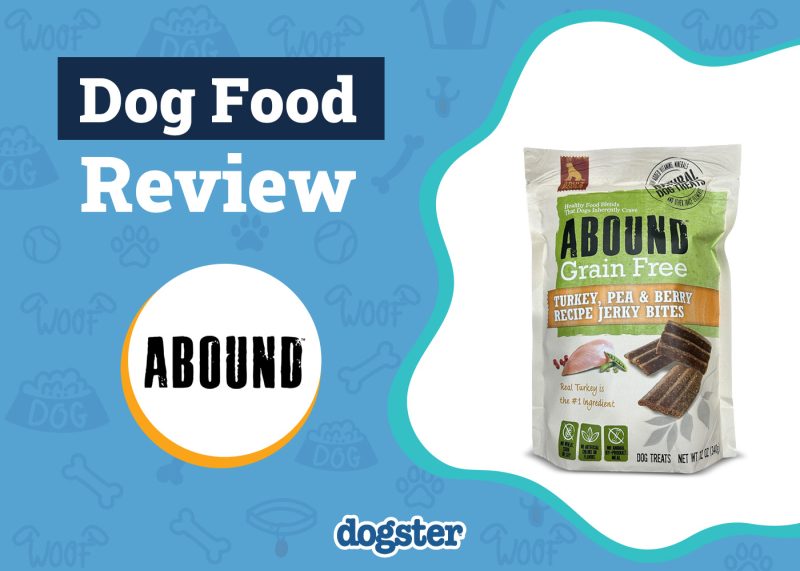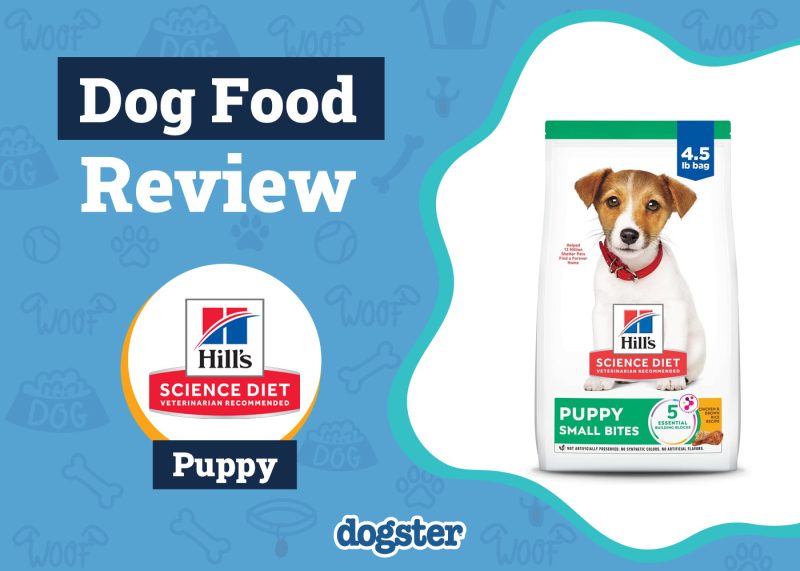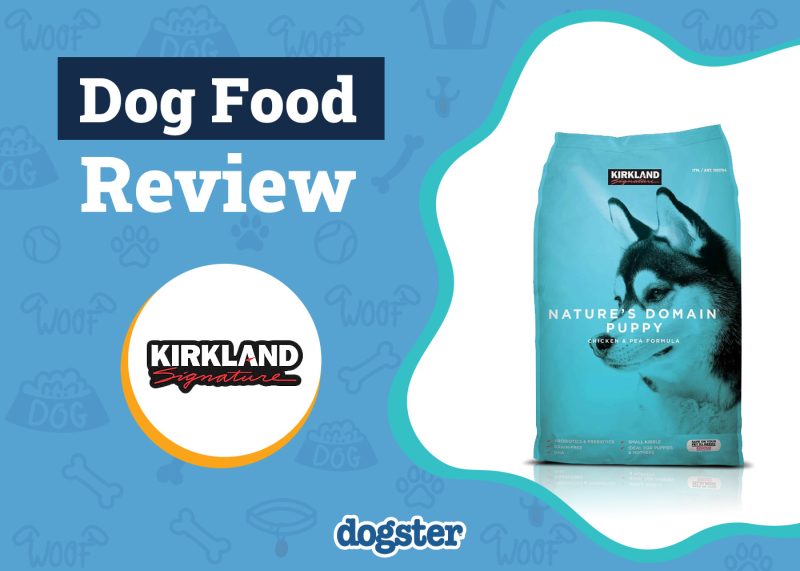In this article
It is an all too familiar sound and experience when you hear your dog scratching, licking, or nibbling at their skin or paws, and let’s be honest, it can be really annoying! However, your dog isn’t trying to irritate you on purpose. All of these actions and behaviors point toward itchy and uncomfortable skin. If your dog has itchy skin, it is essential to identify the underlying cause before assuming it is a reaction to dietary allergies.
Reaching for a new diet can be costly and may not solve the problem. Itchy skin can be caused by various factors, such as allergies to environmental allergens, parasites (most commonly fleas), inappropriate grooming products, bacterial or fungal infections, and other dermatological or systemic issues. A consultation with a veterinarian to diagnose the specific cause of your dog’s itchy and irritated skin will reveal the reason behind it, but it can be a long and sometimes frustrating process.
Once you know the cause of your dog’s itchy skin (called pruritus in the medical world), you can implement an appropriate management and treatment plan. In addition to any medications or treatments your vet may prescribe, a different diet for your dog may also be advised, or it may be the sole answer to their skin problems.

What to Feed Dogs With Itchy Skin
Unfortunately, there isn’t a straightforward answer or a set of rules to this question; instead, it’s addressed on a case-by-case basis. What to feed your dog with bothersome skin will largely depend on the cause of it. If your dog has itchy skin, it is essential to identify the underlying cause to get them the treatment they need. Food allergies are diagnosed by strict diet trials, where your dog is fed a particular food (usually a food containing a protein your dog hasn’t eaten before, or a hydrolyzed diet), and nothing else, for 8-10 weeks.
If the signs of itchy skin appear to have cleared up, you will have determined a diet or protein type that is suitable for your dog. Once this information is known, adjusting your dog’s diet to help their itchy skin can work wonders. Working closely with a veterinarian or veterinary nutritionist will significantly assist you in this process.
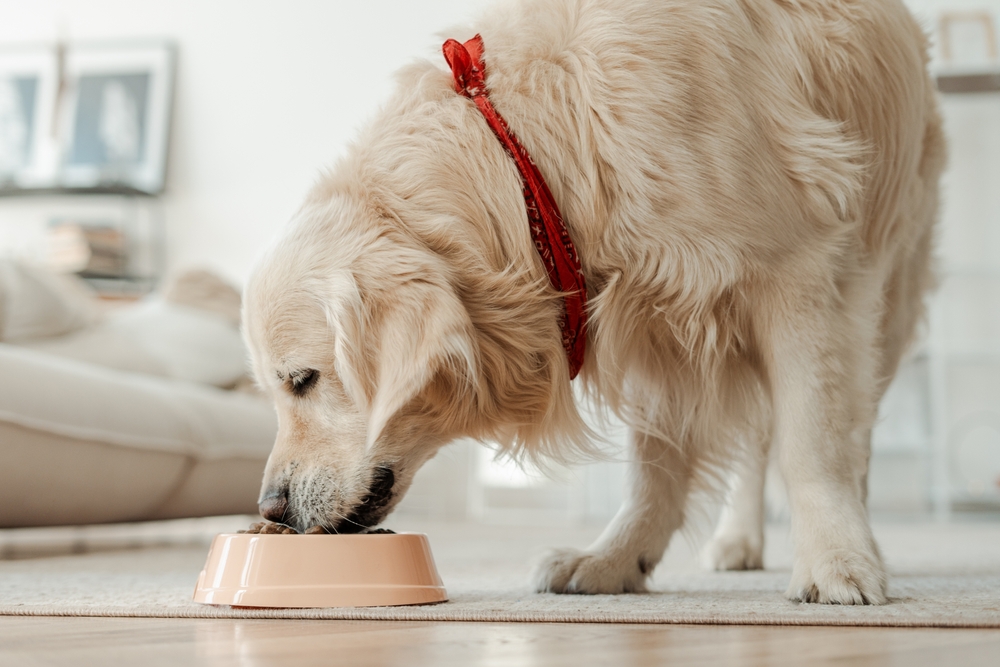
The 3 Options to Feed Dogs With Itchy Skin
1. Veterinary Therapeutic Limited-Ingredient Diets (Novel Protein Sources)
If your dog has food allergies, the protein part of the food item is usually the cause of the issues. Consider feeding your dog novel protein sources they haven’t been exposed to before. Examples include fish, venison, kangaroo, or rabbit. There is an array of commercially made diets prepared for these cases, and although it may appear overwhelming at first, with some research and proper guidance, you will likely find an appropriate food for your dog.
Unfortunately, some of the more uncommon proteins (that your dog is unlikely to have been previously exposed to) are now frequently popping up in mainstream diets. Therefore, it’s vital that a thorough analysis of the dog’s previous diets has been carried out; in some cases, this history is not known. A novel protein diet wouldn’t be an appropriate option because you cannot be sure that the dog hasn’t previously been exposed to a certain protein.
2. Hydrolyzed diets
These diets are specially formulated and processed for dogs with food allergies. Their proteins have been processed so that they are so small (<13kDa) that they are not detectable by the immune system, and an adverse reaction is unlikely to occur.
They are balanced diets that are suitable for the maintenance of adult dogs, and they are useful as a diagnostic tool when the diet history is limited. The drawback of these diets is that they are more expensive than limited-ingredient diets.
3. Home-cooked Diets with Novel Ingredients
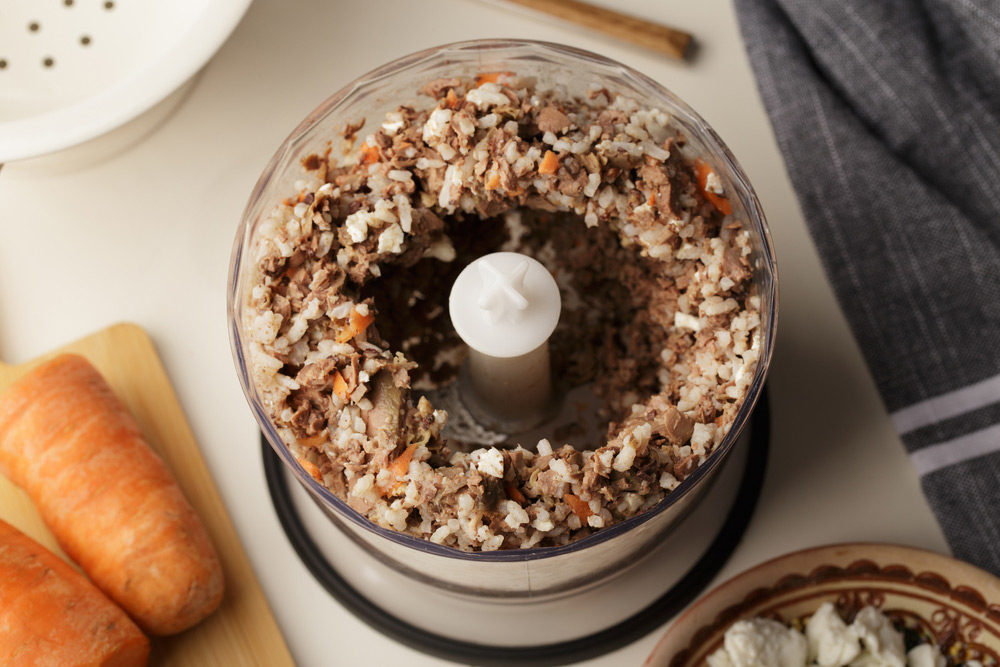
Unless formulated by a board-certified veterinary nutritionist or someone with a PhD in canine and feline nutrition, a home-cooked diet is unlikely to be balanced and complete and will likely be deficient in at least one essential nutrient, but it is often more than one.
In addition to this, home-cooked diets are expensive and time-consuming to prepare, and any drift away from the formulated recipe can lead to a balanced diet becoming unbalanced. On the positive side, home-cooked diets are often highly palatable and can be tailored to the individual.

Other Factors to Consider
Whatever the cause of your dog’s itchy skin, there are other things you can add to their diet to improve the quality of their skin and reduce their itchiness. If your dog has been diagnosed with a food allergy, it is best to speak to a veterinary nutritionist about appropriate fatty acid and probiotic supplements to ensure they don’t contain ingredients that might upset your pup’s balance.
If your dog is thought to have itchy skin for reasons other than their diet, the following additions may help.
Omega-3 Fatty Acids
Adding omega-3 fatty acids to your dog’s diet can help improve skin health and reduce inflammation. Fish oil supplements or foods rich in omega-3s, such as salmon, can be beneficial, but should be discussed with your vet first before adding them to your dog’s routine.

Probiotics
Probiotics can promote a healthy gut, which may have positive effects on the skin. They can be found in some commercial dog foods or administered as supplements. A vet or veterinary nutritionist can provide further guidance on this and which ones to add.
If you need to speak with a vet but can't get to one, head over to PangoVet. It's our online service where you can talk to a vet online and get the personalized advice you need for your pet — all at an affordable price!

Hydration
Ensure your dog stays well-hydrated, as moisture is essential for healthy, nourished skin. Make sure fresh and clean water is always available. Before diving into the minefield of dog nutrition and diets, consult a veterinarian before making any significant changes to your dog’s food and lifestyle. They can provide personalized and tailored advice based on your dog’s needs.

The 9 Most Common Causes of Itchy Skin in Dogs
While this isn’t an exhaustive list, we’ve included the common causes of itchy skin in dogs.
1. Allergies
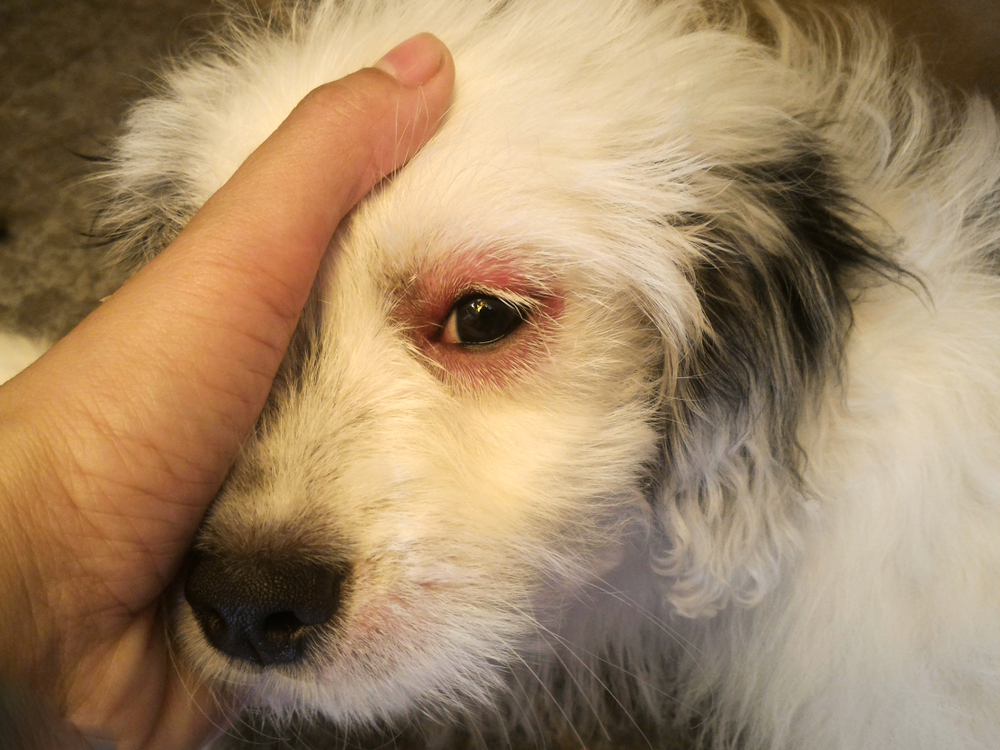
- Adverse food reactions: Certain ingredients (usually protein) in your dog’s diet may trigger allergic reactions. Common food allergens include beef, chicken, dairy, wheat, and soy.
- Atopy: Dogs can also be allergic to common environmental allergens, which is known as atopy. Common allergens include pollen, mold, dust mites, and grasses, to name just a few.
- Flea Allergy Dermatitis (FAD): Dogs allergic to flea saliva can experience intense itching, even from a few flea bites.
2. Parasites
Other parasites, such as mites and ticks, can be responsible for causing your dog’s skin irritation and itching.
3. Dry Skin
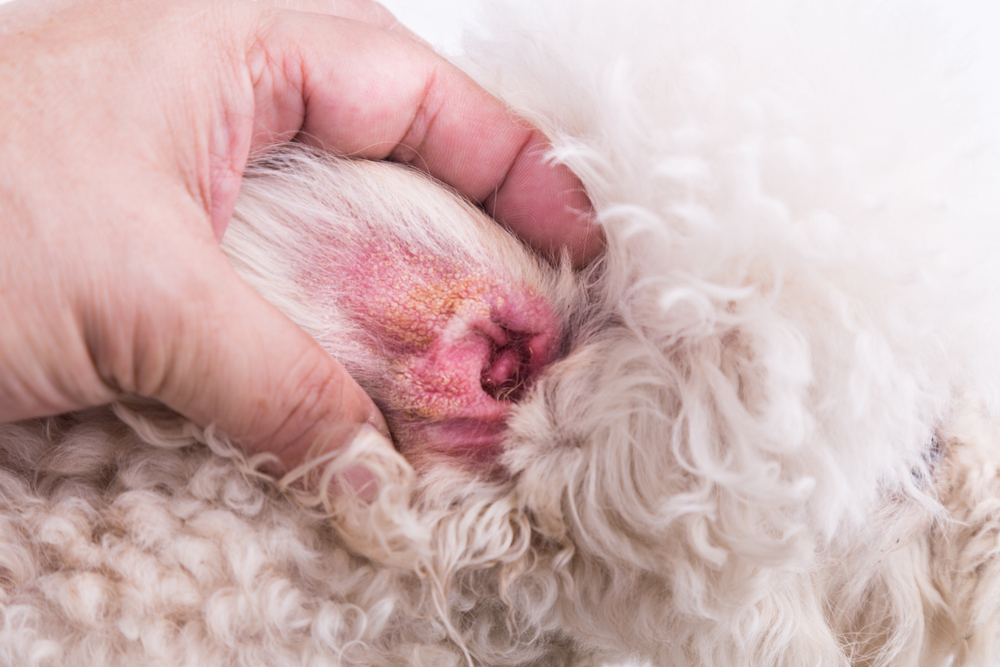
Environmental factors like low humidity or bathing too frequently can lead to dry skin and itching.
4. Incorrect Grooming Products
Using products that are unsuitable for dogs can cause itchy, red, and dry skin, as the pH of human and baby products is too acidic for dogs. Some sprays and lotions may also cause sensitivities or allergic reactions. Have you changed products recently, or are you using the wrong one for your dog’s skin type?
Our Favorite Products Selecting the right shampoo and conditioner makes the world of a difference when grooming your pup. Our favorite products are the duo by Hepper. The Oatmeal Pet Shampoo is formulated with aloe and oatmeal to soothe skin and hydrate the coat. The Pet Conditioner works at eliminating tangles and taming frizz and static. Both products are pH-balanced and formulated with pet-friendly ingredients, free of harsh soaps, chemicals, and dyes. Give this duo a try to heal and nourish your dog's coat, and leave them with an irresistible just-left-the-spa cucumber and aloe scent. At Dogster, we’ve admired Hepper for many years and decided to take a controlling ownership interest so that we could benefit from the outstanding designs of this cool pet company!
Image
Product
Details
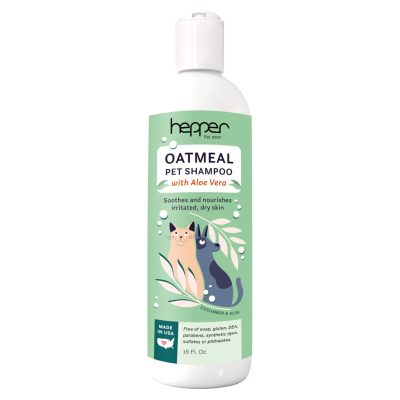
Hepper Oatmeal Pet Shampoo
Check Price
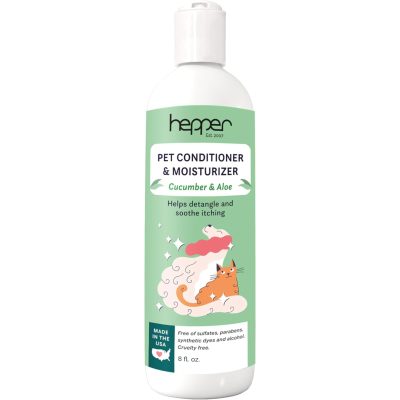
Hepper Pet Conditioner
Check Price
5. Infections

Bacterial or fungal infections can cause itchy, inflamed skin (dermatitis). Common fungal infections include ringworm, while bacterial infections may result from scratches or cuts.
6. Contact Dermatitis
This is when dogs have allergic reactions to plants, chemicals, or grooming products.
7. Hormonal Imbalances
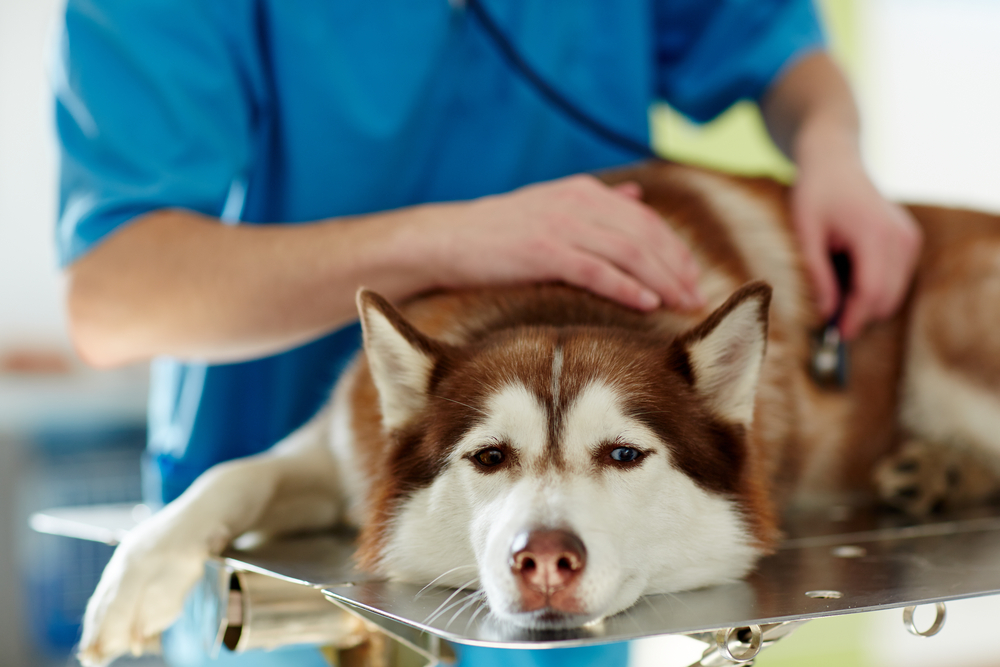
Disorders like hypothyroidism or Cushing’s disease can affect a dog’s skin health and make a dog more at risk of bacterial infections. These will lead to itching and discomfort.
8. Anxiety or Stress
Behavioral and emotional factors can contribute to obsessive scratching or licking in some dogs. Constant scratching may cause wounds and damage to the skin barrier, allowing bacteria to develop.
9. Genetics
Some breeds have skin folds, which predispose them to skin issues, mainly caused by fungal infections. Basset Hounds, Shar-Pei, and British Bulldogs, for example, often suffer from fungal infections within their skin folds, as these folds are warm and damp, providing the perfect environment for yeast to thrive. Hereditary issues can also contribute to chronic itching.
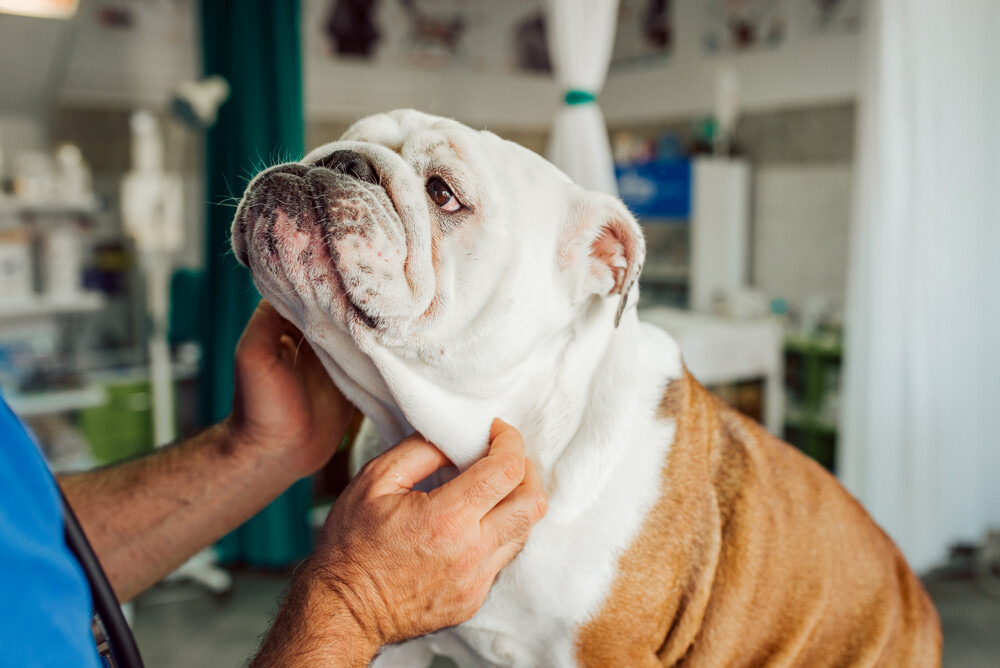

Final Thoughts
Figuring out what to feed your dog with itchy skin can quickly become complicated due to the sheer volume of causes of skin irritation and the number of foods and diet options available. Determining the cause of the itchy skin is the first thing that you need to do before you embark on dietary changes, and a vet will be able to rule out many of the causes very quickly.
Working in conjunction with a veterinarian is definitely advised and will cut out a lot of dead ends and wrong choices. If your dog is suffering from a food allergy, there is likely a healthy diet available to relieve their itchy skin, and if it is something other than a food allergy, a vet can help with the treatment and management options to make your pup more comfortable.
Featured Image Credit: BRS images, Shutterstock
